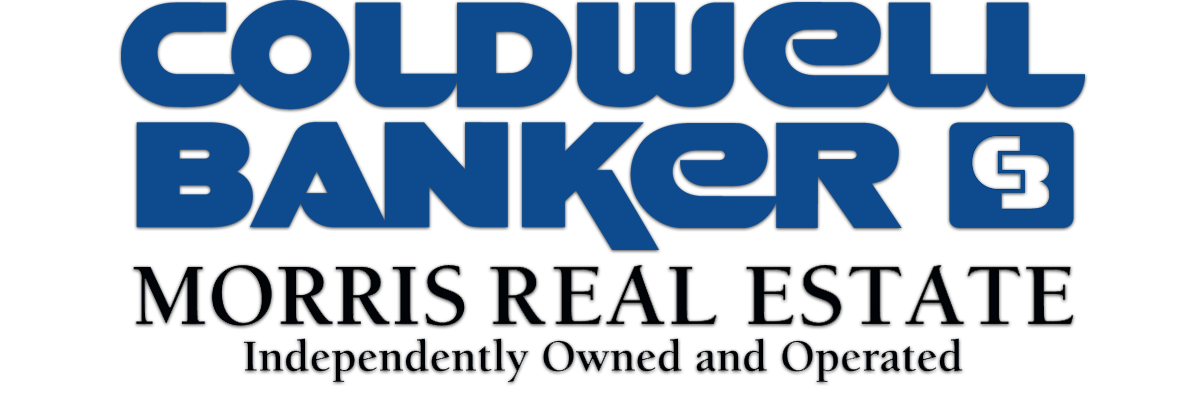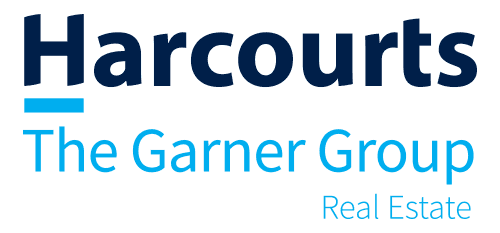Big-city security in a small town
Whether you live in Bend or a big city, your PC and your website are living in the world wide web. This blog is a reminder that even though we may live in a secure and easy-going town where we leave our car unlocked as we run into the post office, all of our computers don’t.
Millions of companies report each year they have been victims of hacking. Websites being defaced or otherwise compromised is a top complaint. While securing your own laptop can be mean keeping your operating system updated and your virus checker ready and avoiding phishing scams (more on this in a separate post), securing your online presence can be more difficult.
If you own a website you are at an increased for cyber-attacks. Your web server is a powerful instance than can be turned to the darkside much more easier than the computer you type on as you read this. Since you and/or your website administrator rent space on a server directly connected to the web you are ultimately responsible for your website’s security. The increased public access, nearly advertised, presence of the web server makes it a prime target for folks looking to mask their activities using someone else’s computing power. Most experts agree it’s more “when” your web server be attacked, rather than “if” it will be compromised.
With the obvious vulnerabilities inherit in a website server comes a larger responsibility to security and disaster preparedness. Here are some easy steps to start down the right path to being security mindful.
If you own a website you are at an increased for cyber-attacks.
- Backups are 100% essential since oftentimes recovering from a serious breach will ultimately fall to restoring from backup files.
- Updating your applications that run your website is important. Content management systems are especially vulnerable if out of date.
- Trust your web host and engage your website administrator. They together with your awareness are the first lines of defense.
- Keep an eye on your website. New errors, weird happenings, might be early warning signs.
- Use strong passwords and change them regularly — the easiest and most overlooked step.








